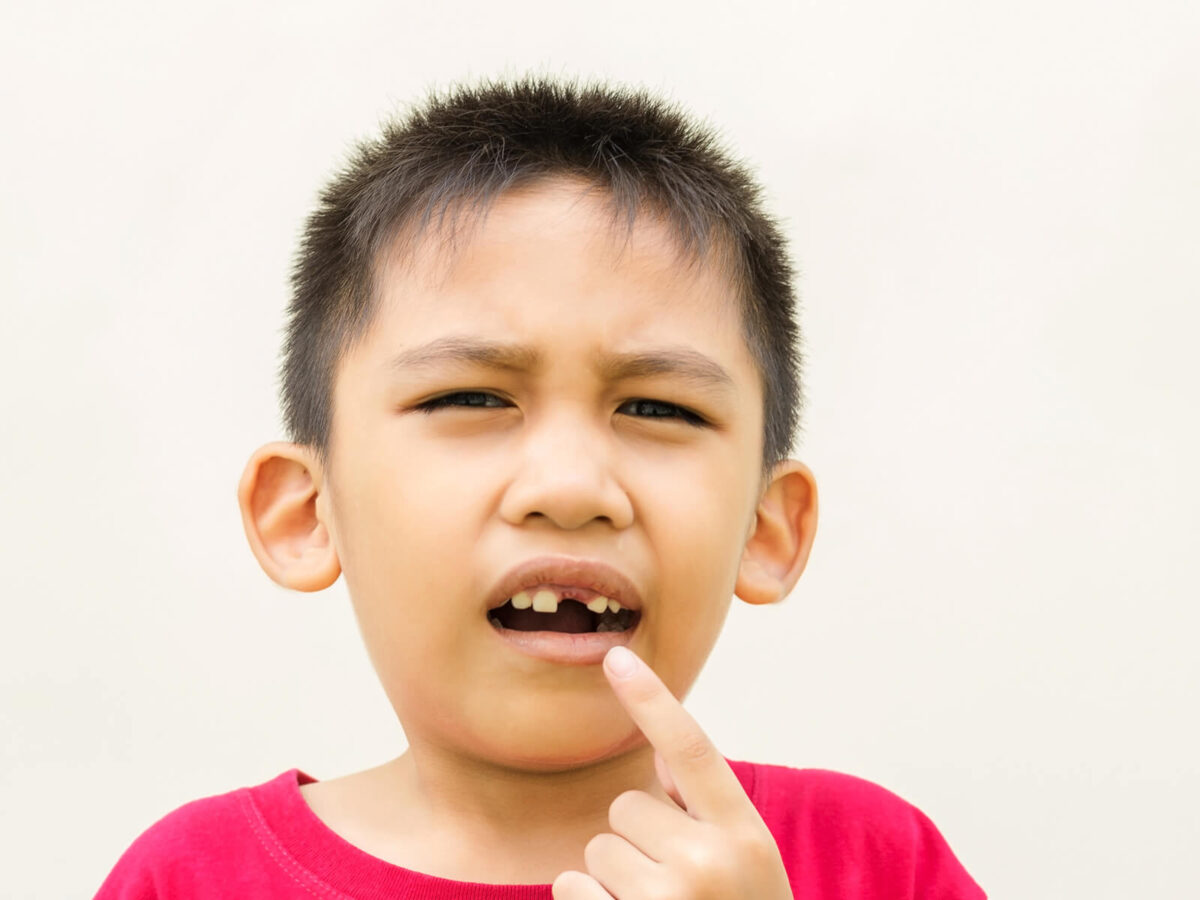Blog
Dental hygiene tips for healthy teeth & gums

When To Worry About Baby Teeth Not Falling Out
Baby teeth, which are also known as milk teeth, are very important for a child’s mouth growth. Premolars help you speak, chew, and shape your face in general. They do this by making room for your permanent teeth.
Most of the time, babies explode at regular times, but if this doesn’t happen, parents may start to worry. Here are some signs that your tooth exfoliation is not proper and what that might mean.
How Long It Takes for Teeth to Come Out
The first teeth come in between the ages of six and twelve months. A child’s first tooth usually comes in around the time of their first birthday. The expected time for normal tooth eruption of each type of tooth is different:
- Upper Teeth:
- Central incisor: 8 to 12 months
- Lateral incisor: 9 to 13 months
- Canine (cuspid): 16 to 22 months
- First molar: 13 to 19 months
- Second molar: 25 to 33 months
- Lower Teeth:
- Central incisor: 6 to 10 months
- Lateral incisor: 10 to 16 months
- Canine (cuspid): 17 to 23 months
- First molar: 14 to 18 months
- Second molar: 23 to 31 months
Most kids get all of their baby teeth between the ages of 27 and 33 months, which is around 3 years old. However, each child is different, and some may have delayed tooth exfoliation because of several reasons.
When Is Delayed Tooth Eruption a Concern?
The major reasons to worry about delayed tooth exfoliation are –
- Unusual Timing
Sometimes, a tooth doesn’t come in at the right time. This is called delayed tooth release. For most kids, their first tooth comes in between the ages of 12 and 24 months. For remaining baby teeth, eruption after 4 years is likely unusual. You should see a pediatric dentist if you want to know if the way your child is teething is normal for their age.
- Underlying Causes
Infants who were born early or with a low birth weight are more likely to have delays in growth and development. Some families are genetically more likely to have children with delayed tooth growth. Some health problems can affect how teeth grow, which is a general problem. Getting enough of some nutrients can help your teeth grow.
- Possible Risks
Delaying tooth arrival can lead to several orthodontic problems –
- The development of permanent teeth may be slowed down if there isn’t enough room.
- If baby teeth are kept in too long, the adult teeth may come in later than they should.
- If your teeth aren’t lined up right, it can affect how you bite and talk.
Tooth loss that happens later than planned could make it hard to learn how to talk. Kids may feel bad about themselves and doubt themselves when they see that their friends have their permanent teeth coming.
When to Ask an Expert for Help
If your child is twelve months old and still doesn’t have any baby teeth. You should take them to the doctor. With early assistance, you can be sure to get treatment on time and be closely watched. Get your child checked out by a dentist if their last baby teeth start to come in around the time they are 45 months old.
After looking at the patient, the dentist can tell you what to do next. As long as the teeth aren’t coming in right away, it’s best to get a professional’s advice to ensure your child’s mouth is healthy and developing properly. It is important to take your child to the doctor often so you can keep an eye on how their teeth are growing.
Conclusion
Parents need to know about their child’s mouth health. If you want your child to have the cutest smile, trust your gut and get help if you need it! To find out more about tooth exfoliation, talk to your child’s dentist or read reliable tooth health resources.


